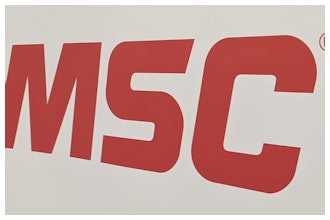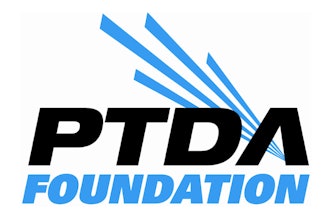Despite the growing number of supply chain undergraduate programs, there is a critical shortage of talent within the supply chain industry. The retirement of highly skilled individuals along with years of headcount reduction and training budget cuts have contributed to this shortage and companies must now rethink their recruitment strategies to attract new graduates to the profession.
Companies are also facing challenges in recruiting senior leadership with the management skills needed to keep up with rapid changes in supply chain activities and tools. According to Deloitte’s 2015 Supply Chain Talent of the Future survey, 71 percent of the 400 executives at multinational companies that were polled reported having difficulty recruiting senior leadership for their companies’ supply chains.
From a recruiting perspective, a misinterpretation of the industry is partly to blame for these challenges. By helping existing supply chain professionals gain additional skills, and positioning the sector as a desirable, long-term career prospect, companies can take a hands on approach to shifting the industry’s reputation. There are a few strategies businesses can use to help debunk the misconceptions around logistics careers and attract and retain top talent.
Showcase the industry’s creativity
Today’s supply chain encompasses a full range of activities, from sourcing to production planning to delivery and service. While logistics companies form the backbone of modern global business, many job seekers still associate the sector with trucks and warehousing. There is a common misconception that jobs in the logistics sector involve mainly operational functions and do not require strong intellect. On the contrary, there are a number of intellectual, creative and analytical aspects to running a global or domestic supply chain. Think of the innovation behind some of the most noteworthy changes to supply chain management in recent decades, such as automation and risk assessment technologies.
Leaders in supply chain must consistently exercise their creativity to come up with new and effective strategies as consumer demands shift. To better educate your talent pool, spotlight examples of your company’s biggest successes or top performers on your website or social channels to demonstrate to potential candidates what it’s really like to work for your organization, and how they can apply the skills they’ve learned in school to a career in supply chain.
Partner to source fresh talent
In today’s tight candidate market, it can be difficult to find skilled workers in supply chain with the necessary technical experience. One solution to this challenge is to work closely with supply chain or business programs at different universities to recruit college graduates directly. Mattel is just one example of a company that has exercised this strategy to successfully expand its talent pool. According to Gartner’s 2016 Top 25 North American Supply Chain Undergraduate Programs report, Pennsylvania State University tops the rankings for such programs, followed by Michigan State University, University of Tennessee, Arizona State University and Rutgers University.
Hiring fresh talent from undergraduate programs can allow your company to mold new employees into supply chain leaders in the years to come. This type of pipelining is designed to also help succession planning, so that you can build your workforce from the ground up and ensure that future leadership has the right intrinsic and management skills.
Re-evaluate performance reviews to focus on professional development
Outside of recruiting new talent to the industry, many supply chain organizations are facing the challenge of obtaining strong senior leaders. One solution here is to start from within and groom the talent currently in-house for senior leadership positions.
As a first step, you may consider changing the metrics that are used to evaluate the performance of your supply chain managers. It is a good idea to put a system in place that takes a more holistic view of the job function so that your employees focus on improving across all skill sets. You may also consider offering workshops or training courses regularly throughout the year so that new and experienced employees alike can brush up on skills in core areas that will be necessary for them to advance to the next level of their career. These types of opportunities will in turn help your company attract more candidates.
Senior leaders should also use the review process to gauge what areas of the business are of greatest interest to each employee. Providing an opportunity for employees to move around earlier in their careers will allow them to diversify their experience levels, which will not only help their long-term professional growth but also positively impact the future of your organization.
By following these strategies, companies can work toward successfully solving the supply chain talent shortage and make their careers more attractive to a broader base of candidates. We must work together as an industry to overcome supply chain’s image problem and help prepare the leaders of tomorrow.
Tisha Danehl is vice president at Ajilon Professional Staffing.























